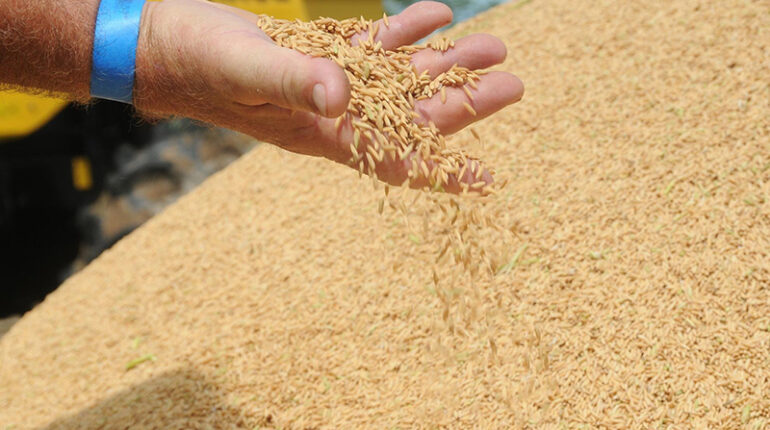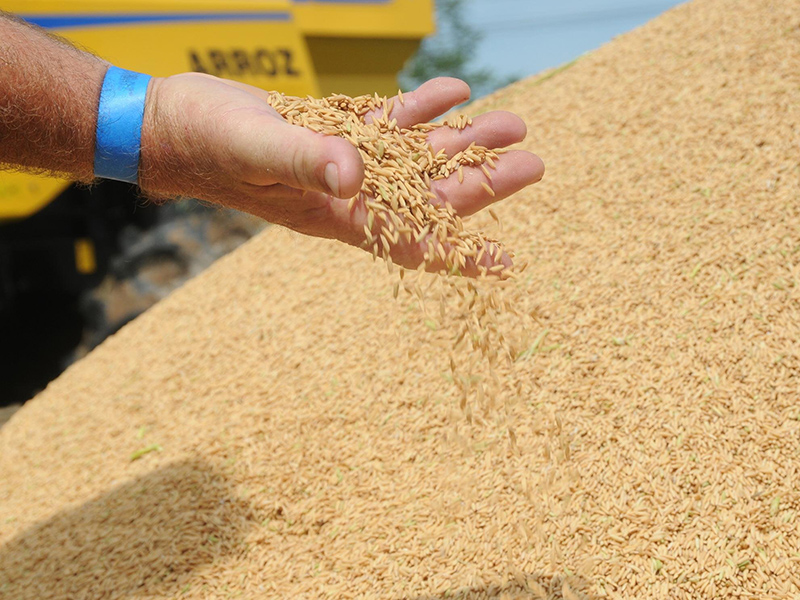
Foreign Trade Chamber reduces rice import tariff to zero.
Decision is valid until the end of the year for a quota of 400 thousand tons. Import objective is to increase supply and contain rising domestic prices.

The Chamber of Foreign Trade (Camex), of the Ministry of Economy, decided this Wednesday (9) to reduce to zero – until December 31 of this year – the import tax rate for paddy and processed rice.
The Executive Management Committee of Camex established that the reduction is restricted to a quota of 400 thousand tons of rice with unparboiled husks and semi-blanched and blanched rice, not parboiled.
Camex’s objective is to reduce the cost of imported rice in order to increase the supply and contain the high price of the product in the domestic market.
Currently, the import rate for products purchased from countries outside Mercosur is 10% for paddy rice and 12% for processed rice. For countries that are part of Mercosur (Argentina, Uruguay, Paraguay), the tariff is already zero, according to information from the Ministry of Economy.
According to the Ministry of Agriculture, from January to August, Brazil imported 417.4 thousand tons of rice and exported 1.153 million tons.
According to the National Supply Company (Conab), during the pandemic, rice consumption grew, driven mainly by the emergency aid resources paid by the government.
The increase in the price of food in the basic food basket has worried the government. President Jair Bolsonaro met this Wednesday with the president of the Brazilian Association of Supermarkets (Abras), João Sanzovo Neto, to discuss the matter. According to Sanzovo Neto, supermarkets are not “villains” in relation to high prices.
On Tuesday (8), Bolsonaro said he made an “appeal” to supermarket owners to curb the rising price of rice.
On Wednesday, the Ministry of Justice notified representatives of supermarkets and food producers to explain in five days the increase in the price of food in the basic basket.
Inflation
The price of food was highlighted in the country’s 0.24% rise in official inflation in August, according to data released by the Brazilian Institute of Geography and Statistics (IBGE) on Wednesday.
The Broad Consumer Price Index (IPCA) rose 2.44% in 12 months, while food inflation rose 8.83% in the period.
This increase is not only responsible for food. Most are at record prices in the countryside. But two drew attention in the past few days: rice, up 19.2% in the year, and soybean oil, which rose 18.6% in the period.
Source: g1.globo.com